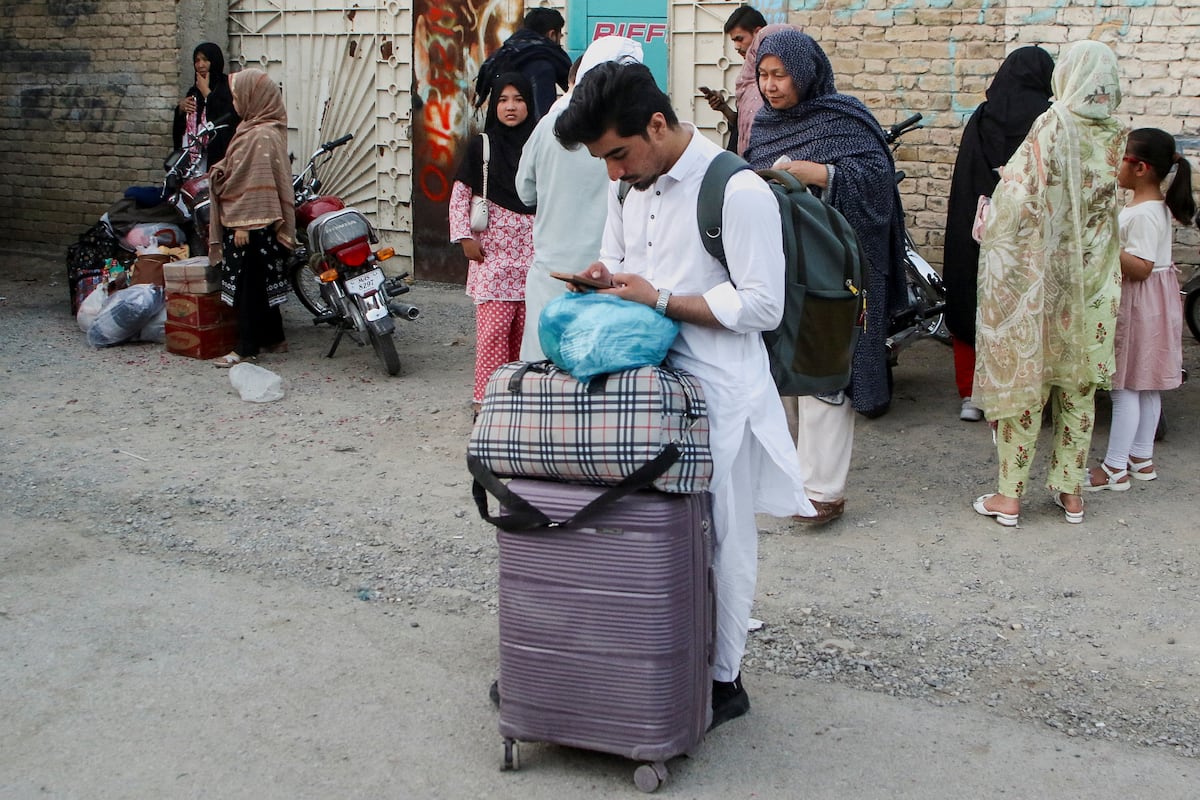
"The advent of social media promised a global democratization of information, but misinformation has diluted its benefits, fueling social division and conflict."
"Investigations show that social media platforms promote conflicting content to attract traffic, knowing that lies spread faster than the truth."
"The competition among news sources for public opinion can incentivize misinformation, as media outlets use provocative storytelling to increase audience engagement."
"Steve Killelea notes we have more conflicts now than ever since World War II, highlighting technology's role in perpetuating societal issues."
The article discusses how social media, which was once seen as a tool for democratizing information, has become a source of misinformation that fuels social division and conflict. Steve Killelea emphasizes the alarming increase in conflicts globally since World War II. Investigations reveal that social media platforms prioritize engaging content, which often leads to the proliferation of fake news. A study from the University of Texas indicates that competition among news sources incentivizes the spread of hyper-partisan misinformation, complicating the landscape of public discourse and undermining democratic processes.
Read at english.elpais.com
Unable to calculate read time
Collection
[
|
...
]